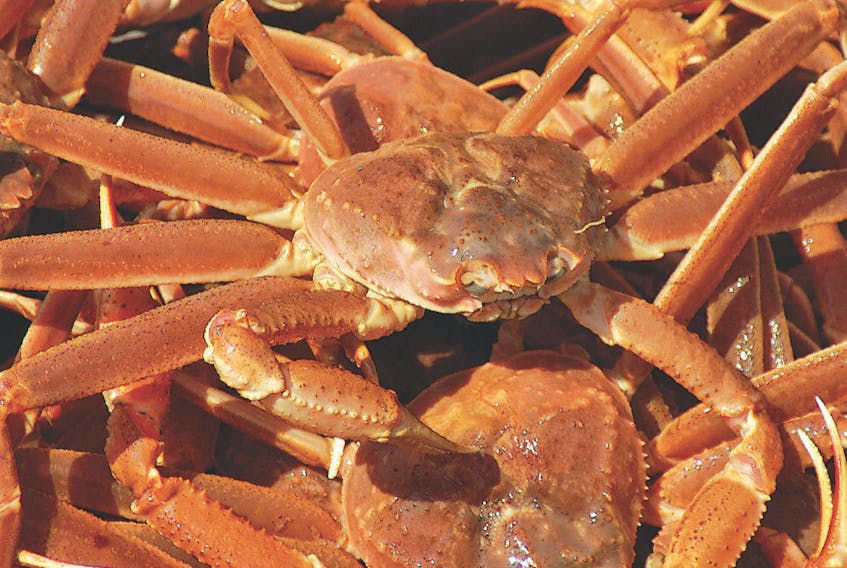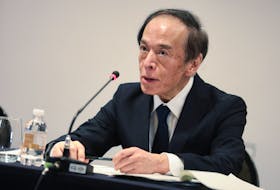By Keith Sullivan
This letter is in response to that of Derek Butler, published on June 13 (“GUEST COLUMN: FFAW wants things their way on pricing, not ‘transparency.’”)
The issue he attempts to address is very important, however, his argument is a confused and conspiratorial mess and delivered in a tone that would make any merchant smile in his grave.
It is telling that Butler felt the need to mention the circumstances surrounding how fish harvester collective bargaining rights were enshrined in legislation. The Fishing Industry Collective Bargaining Act exists to protect the collective bargaining rights of harvesters and to provide some basic requirements for negotiation. Harvesters accept this. The general public accepts this. It is just the processing companies and the Association of Seafood Producers (ASP) that find this progressive piece of legislation a repulsive drop of medicine to swallow.
Contrary to Butler’s perspective, the vast majority of fish harvesters do not have multimillion-dollar enterprises. Most harvesters have small enterprises and manage to make a modest living, working in a challenging environment, to fish a few different species. The average small-boat crab harvester in 3K (northwest coast) had a crab allocation in 2018 worth about $40,000, assuming that the entire allocation was caught.
This was the total value before the crew members were paid and the bait and the fuel costs were covered. To augment crab, the average 3K harvester probably caught some cod, and maybe some caplin and squid.
This all adds up, but it is, at best, a middle-class income.
This set of circumstances is not the exception; there are thousands of harvesters in this exact situation.
Fish harvesters are the new rural middle class. It took them a long time and a lot of patience, perseverance, struggle, risk, heartache, disappointment, and hard work to get to this point. Fish harvesting incomes have doubled in the last decade, but the economic position of most current harvesters was totally denied to their ancestors who lived in absolute poverty, stuck under the thumb of a fish merchant that controlled the entire local economy.
This economic dynamic is not ancient history — most harvesters either lived through this or had parents who did.
At this year’s crab negotiations, the FFAW’s price position of $5.38 was selected. This record price provided an extra $4,000 to the average small-boat harvester in 3K. This increase was important, not just to harvesters but also crew members who would receive a share based on the same per-pound price.
Seven weeks later, ASP asked the price arbitration panel to reduce the $5.38 price to $4.90, eliminating the entire $4,000 increase. ASP used a price decrease in a market index to get in front of the arbitrator and then proceeded to argue that the market index did not apply to them, that their market was something else, and that to tie them closely together was wrong.
If this was true, we asked ASP to produce some documents to show some actual impacts from the market decrease. They refused. The arbitrator sided with ASP and the $4,000 increase for the 3K small-boat harvesters was gone. There was no proof to justify what was done.
It is for the rural middle class, the sustainability of communities, and the importance of clear and understood collective bargaining that transparency is important. Harvesters are not seeking much. But if a processor insists on certain facts that can determine the outcome, disclose the basis of those facts. That is not controversial.
Butler urged in his letter to “look into the truth of it.”
That is advice he would be well-disposed to follow himself.
He has stated on several occasions in negotiation that he does not ask the processors he represents about their contracts and profit margins on certain products.
He, himself, doesn’t know what transparency would look like; he lives in the dark, as well. But there’s an advantage to that: it allows you to argue what you think is right instead of what you know is wrong.
Keith Sullivan is president of FFAW-Unifor. He writes from St. John’s.
RELATED:









